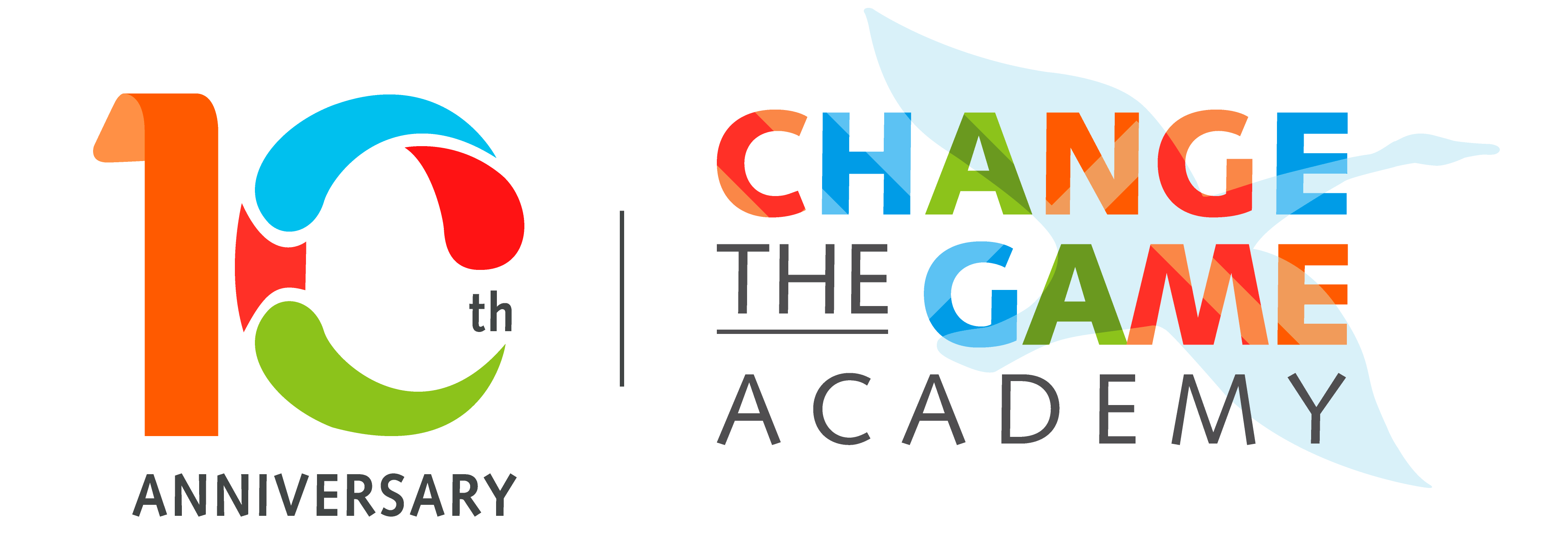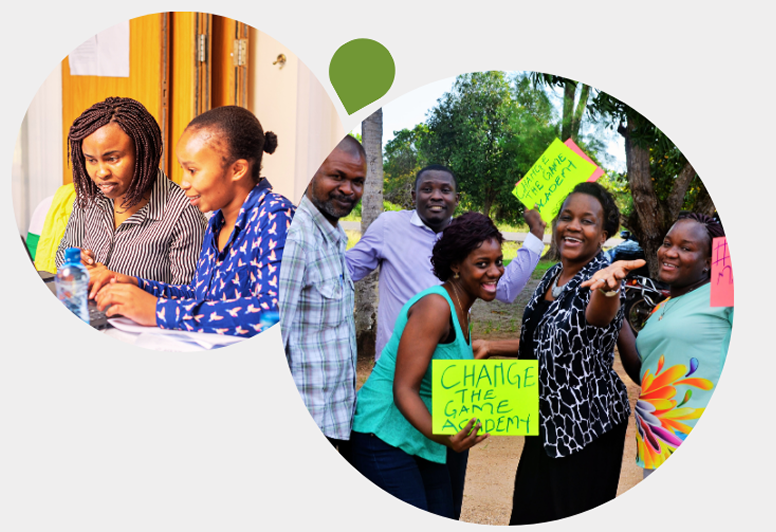Private donations or government support?
In many countries, legislation exists that if a community builds, for instance, a school, the government will pay the salaries of the teachers. Most people will agree that it is wise to use such possibilities where they exist. Others may argue that it is always the responsibility of the government to provide basic services like education, health care, housing, water and sanitation. Change the Game Academy believes both actors have a role to play.
Mobilising support or claim making?
Ideally, civil society organisations and government cooperate in a meaningful and productive way. Some people use ‘claim making’ as an alternative term for mobilising support. Claim making is the appeal of a community organisation or NGO to claim the community’s political or civil rights with their authorities. More broadly speaking, it is the capacity to claim their economic and social rights, with relevant parties (domestic elites, companies, government, and so on).[1]
Basic needs or rights based approach?
Traditionally, many donor agencies focused on service delivery: providing food, shelter, education or health services. Later on, the rights based approach has been adopted. It aims to achieve a transformation of power relations among the two stakeholder groups: the rights’ holders (who do not experience full rights) and the duty bearers (the institutions obligated to fulfill the holders’ rights).[2] Change the Game Academy aims to strengthen the capacity of SHGs, CBOs, and NGOs to adopt both strategies: help fulfil basic needs where needed and acquire skills to influence duty bearers to fulfil their duties.
Cooperation or confrontation?
Mobilising support, or inviting governments, and other relevant actors to act, can take many forms. From joint project implementation on the one hand to more confrontational activities like sit ins or demonstrations, or even armed opposition and violence. Change the Game rejects the use of any form of violence. Instead it promotes cooperation between civil society and duty bearers and offers training on various skills and strategies, for example, how to involve the media or raise a complaint effectively.
What will you learn?
After finalising the full course on mobilising support, users that started off with little or no knowledge on this topic, will have learned how to apply for correct policy implementation at the local level and to cooperate with local duty bearers on an issue that is of direct importance to them.

